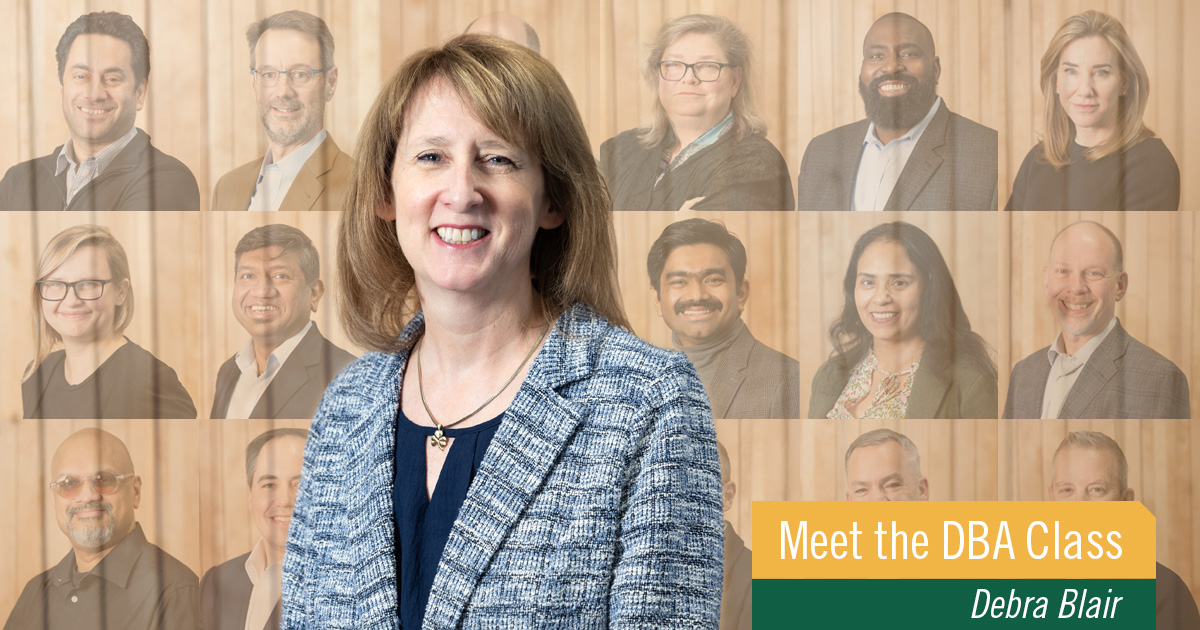All Kinds of Minds: A Conversation with Temple Grandin

Dr. Temple Grandin wears many hats: she is a professor, author, animal behaviorist, inventor, autism advocate, and the subject of a Golden Globe Award-winning film. One role she never has considered, however, is entrepreneur.
“That word never even crossed my mind,” she told me as we spoke one morning last winter. “[I’m a] startup person, a freelancer, since they just go find jobs and do them. That’s how I got my design business started. One little project at a time, building it up slowly.”
Although she might not see herself that way, Temple Grandin’s mindset is most definitely entrepreneurial. Using that “one little project at a time” approach, she single-handedly changed livestock-handling practices, making them more humane and advocating for animal welfare in slaughterhouses, meat processing plants, and ranches. Today, more than one-half of all cattle handled in U.S. plants are herded through systems designed by Grandin.
What’s the secret to her success? Grandin shares five tips that helped her business grow and thrive.
1. Say Yes to Lucky Breaks
Thinking back on her 40-year career, Grandin credits a lucky break that came in the 1970s. “You’ve gotta be bold enough to go through that door when it opens,” says Grandin, emphasizing the importance of saying yes when those opportunities fall into your lap, even if you don’t feel fully prepared.
2. Cultivate Your Believers
As Grandin’s new designs gained traction, it became easier for her to sell the equipment. She found, however, that the challenge was in getting people to use it correctly. So, Grandin cultivated believers who did use the equipment correctly, and used them as examples for the rest of the industry.
3. Win Over Internal Champions
One of Grandin’s most memorable projects was never completed, but taught her the importance of getting buy-in from clients at each level of an organization. In Grandin’s case, she had been contracted at the corporate level to introduce new pig-stunning technology. Her corporate champion supported the project, but she had no relationships at the plant. After her corporate person unexpectedly died, the project stalled because the plant manager didn’t believe in it.
4. Solve the Problem, Not the Symptom
With her trademark zeal and passion, Grandin once got herself elbow deep in a pig conveyor project that just wasn’t coming together as expected. By taking a step back and revisiting the research, Grandin realized she had been focusing on the wrong details. The major lesson in this case was to fix the root problem, not its symptoms.
5. Be Humbled by Fear
By nature, entrepreneurs must deal with ambiguity and risk. Fear can be a natural byproduct, but Grandin has learned from experience that fear serves a purpose and can have a positive effect.
In large part, Grandin credits her autistic mind with giving her the ability to think visually, and design systems from the perspective of animals. “Autism is an important part of who I am,” she says, “but I make a point of not letting it totally take over. I’m a professor first.”
So what would Grandin teach young entrepreneurs? “The kind of class I’d do at a place like Babson would look at really innovative companies and look into their backgrounds, especially where the head person was somebody that was kind of quirky and different, maybe even somebody that would get a label on the spectrum now. Steve Jobs at Apple, the Chobani Yogurt guy [Hamdi Ulukaya], Albert Einstein, David Neeleman at JetBlue … we’d get into how the different kinds of minds can work together.”
Indeed, it’s these different minds that have created some of the most innovative companies.



